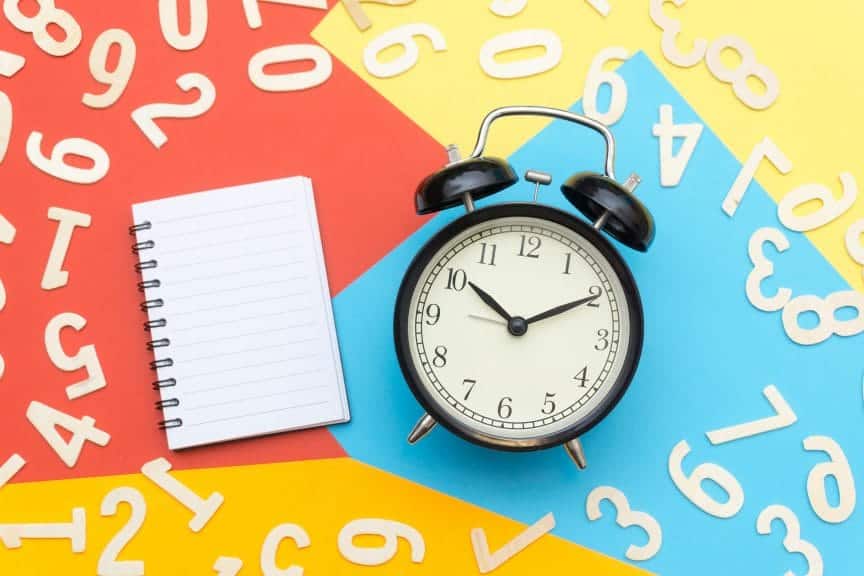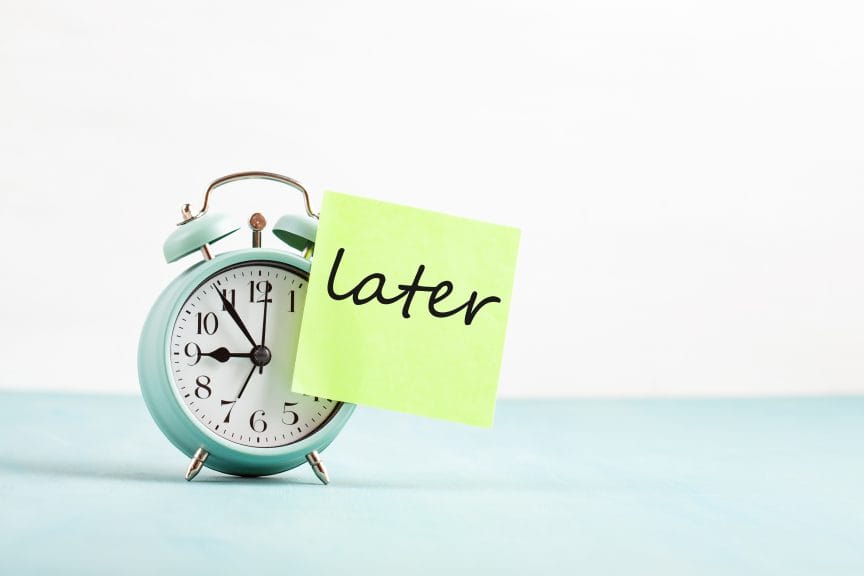If you are reading this article, you or someone you know is like me: a chronic professional of procrastination. Did I procrastinate writing this article’s draft? Yes, I did.
You would agree that procrastination causes a lot of stress, we all have experienced it. Those frustrating and anxiety-filled nights right before a deadline – oh my god!
But no one asks the most important question, does procrastination cause stress or does stress cause procrastination?
Let’s call it the Stress Cycle

Research has suggested that stress may be a cause and a consequence of procrastination.
It’s not our fault that we live in a fast-paced world. As a result, it has led humans to look for immediate reward for an action. Not to our surprise, an immediate link between procrastination and impulsivity has been found. It means we prefer immediate rewards rather than long-term rewards. When a task seems stressful, we immediately look for something that would give us instant relief. That’s why we feel like taking a break, going to sleep, or watching dog reels.
People often procrastinate to elevate their negative states and try to regulate their immediate mood by avoiding the task at hand. To a person, when the nature of the task inherently seems boring, unpleasant or it generates anxiety, it starts to exert stressful emotions. That’s when we look for immediate relief.
But what is the reason behind this “Stress cycle” that starts the cycle of procrastination?
The Anatomy of Procrastination
A small chat with a former educator, Krissy Metzler who specializes in Special education and currently runs her own company Goalden System, shed some very bright light on the reasons behind procrastination. She said,
“The most important step that one can take when working towards eliminating procrastination is to reflect on the “why” behind the action itself.”
Krissy Metzler
The “why” behind the action is also why students procrastinate. She listed a few reasons:
1. Fear

Let’s face it, we are all at least a little bit sensitive to what people think about us. You may not realize it, but the fear of what people will think if you fail or the fear you won’t be able to prove yourself is always present. For instance, if you are afraid of public speaking, you might procrastinate and avoid making the presentation and sleep over the anxiety it causes you. This leads you into the infamous “Stress Cycle” yet again.
2. Perfectionism
Don’t lie, you at least know one person you look at and say, “They are a perfectionist” or you simply take a look in the mirror. Yes, you may be the perfectionist. A perfectionist might procrastinate because it would help them avoid the feeling that their work is imperfect. If you don’t start, the task doesn’t exist, right? That is not true. The only way to tackle procrastination and perfectionism, is to understand, as Metzler said,
“Perfection exists in a land of unicorns.”
Krissy Metzler
It is important to remember, that if you perform your best at the moment, there is nothing more perfect than that piece of work you will produce.
3. Not Feeling Motivated

Sometimes assignments and essays might not be of interest, which puts motivation in the bin. For instance, if you ask me to write about something related to physics, I will probably procrastinate until the end of time. But that’s not the solution, and it would make things worse if writing about physics held a big stake in my life.
It might not be the topic sometimes. For instance, you may have had a long day where you can’t seem to find the motivation.
That might be why scrolling on TikTok is so tempting when you don’t feel like starting the task.
Don’t worry, I’m not going to leave you without offering some solutions.
The 5-Minute Rule

This technique is fairly easy, all you need to do is work on your task for 5 minutes. That’s it, you’ve done it!
It’s a popular technique and most people who try it out end up spending more than 5 minutes on the task and get some work done. But if the task is so horrible and mind-numbing, just stop after 5 minutes – and congratulations, you’ve made some progress! You can repeat this technique until you get the hang of it.
However, make sure you free yourself of distractions that may divert your attention from the task. Try turning your phone off or wearing headphones.
A method called the Pomodoro Technique works similarly. Break down your work in certain intervals, and you should be good to go!
Accountability
Krissy Metzler suggests the method of accountability, which she uses at her company, Goalen System. “Finding someone that can serve as an accountability buddy gives you the opportunity to know that you aren’t in this alone, you have someone else with you, and that you feel supported,” she said.
It’s as easy as asking a friend or someone you know to accompany you while you do your task (don’t let it turn into a gossip session). Ask someone who you trust and make sure they are also working towards a goal, which will increase your motivation to do the task at hand.
All in all, if you managed to read this article without getting distracted by, “I’ll just read this later”, you can see how procrastination is an issue many people struggle with. With one Google search, you would see statistics that show scary percentages of students who procrastinate. But it’s something one can work on. Maybe it is something you are already working on. At the end of the day, it is not going to be an easy battle, but taking the first step to break out of the stressful cycle of procrastination, will help you mentally and physically.
Don’t procrastinate tackling your struggle with procrastination!














